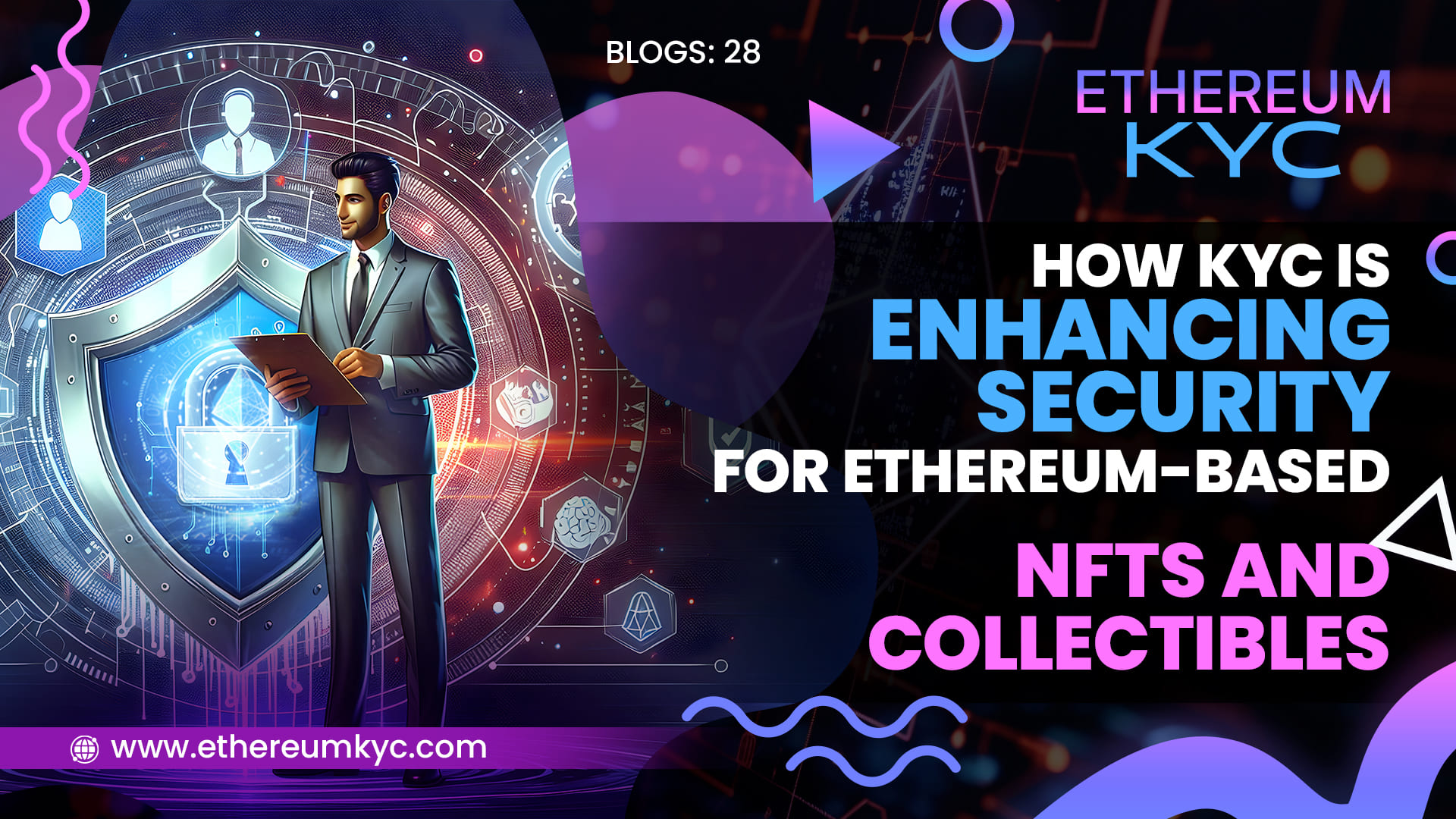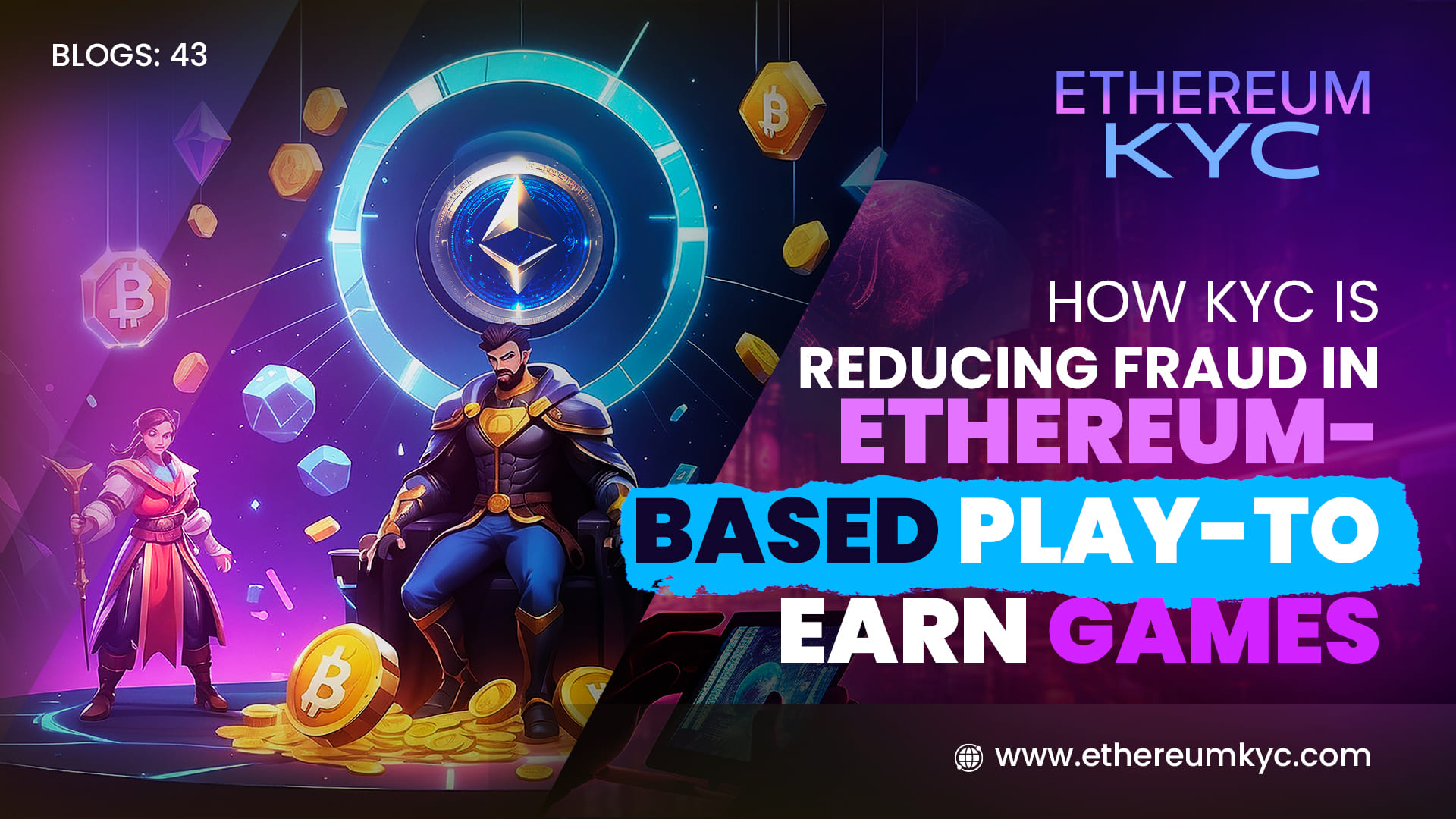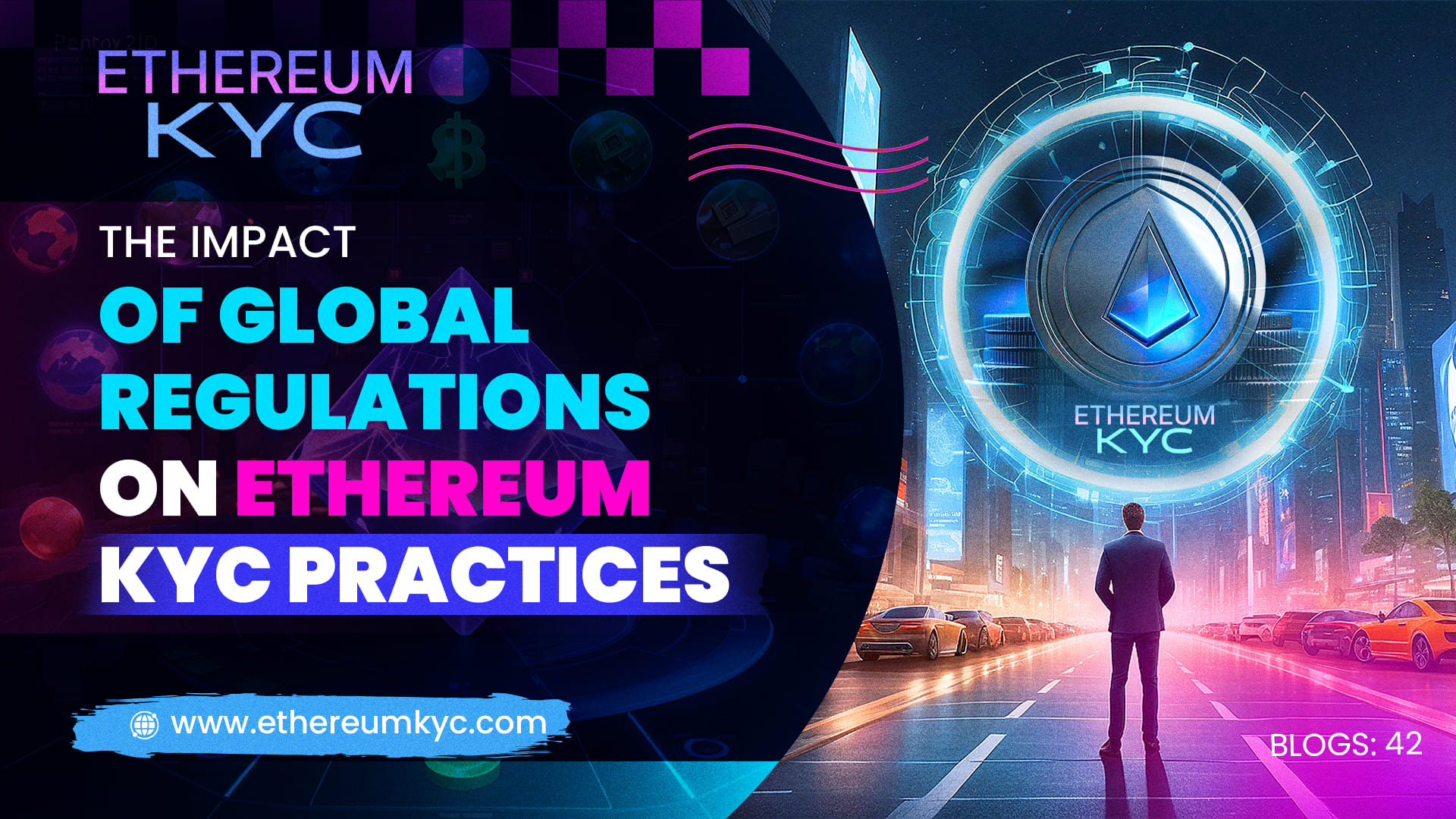February 13, 2025
How KYC is Enhancing Security for Ethereum-Based NFTs and Collectibles
Non-fungible tokens (NFTs) have revolutionized digital ownership, but fraud, counterfeiting, and wash trading remain major concerns. By integrating Know Your Customer (KYC) protocols, Ethereum-based NFT platforms can enhance security, protect users, and establish a safer digital marketplace.
The Challenges of NFT Security
NFTs offer true digital ownership, but security risks persist, including:
- Fake NFT collections – Scammers impersonate legitimate artists to sell fraudulent NFTs.
- Money laundering – Bad actors use NFT transactions to obscure illicit funds.
- Unverified users – Anonymous wallets make accountability difficult.
How KYC Improves NFT Security
- Verification of NFT Creators and Collectors
- KYC ensures that only authentic artists and verified buyers can participate in the marketplace, reducing fraud risks.
- Preventing Money Laundering
- Identity checks make it harder for criminals to use NFTs for illicit activities.
- Reducing Market Manipulation
- With verified accounts, wash trading (where users buy their own NFTs to inflate value) becomes harder to execute.
- Boosting Institutional and Brand Adoption
- High-profile companies and investors prefer regulated NFT platforms for safer transactions.
Ethereum-Based NFT Platforms Using KYC
- Nifty Gateway – Requires identity verification for fiat transactions.
- MakersPlace – Enforces KYC for artists to prevent forgery.
- Rarible (Optional KYC) – Users who complete KYC get additional platform benefits.
Conclusion
Integrating KYC into Ethereum-based NFT marketplaces increases trust, security, and legitimacy. As NFT adoption grows, platforms that implement KYC will attract serious investors, artists, and collectors, fostering a more transparent digital economy.






